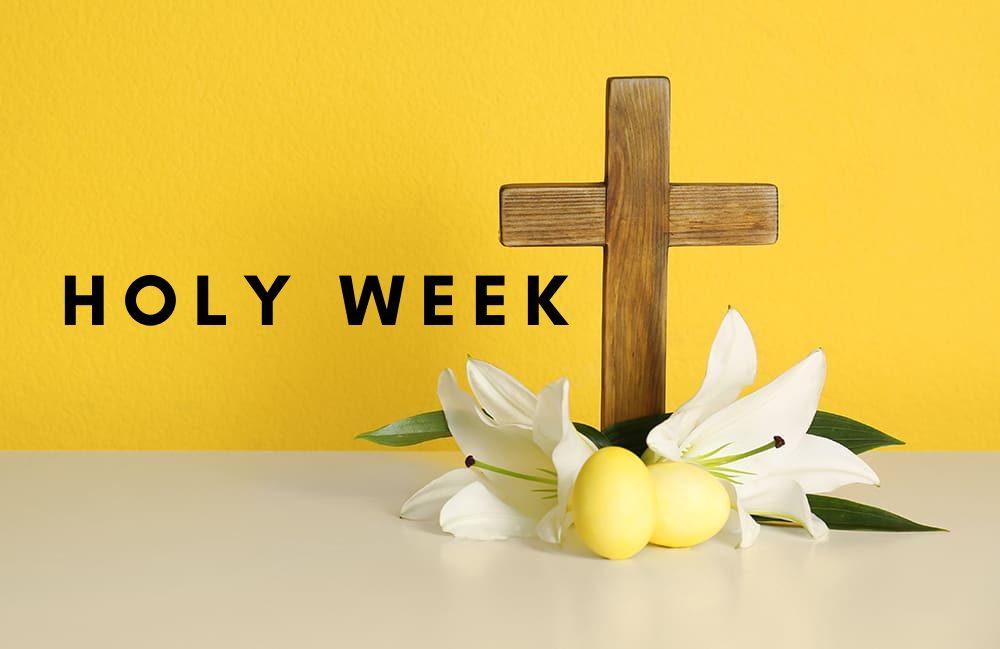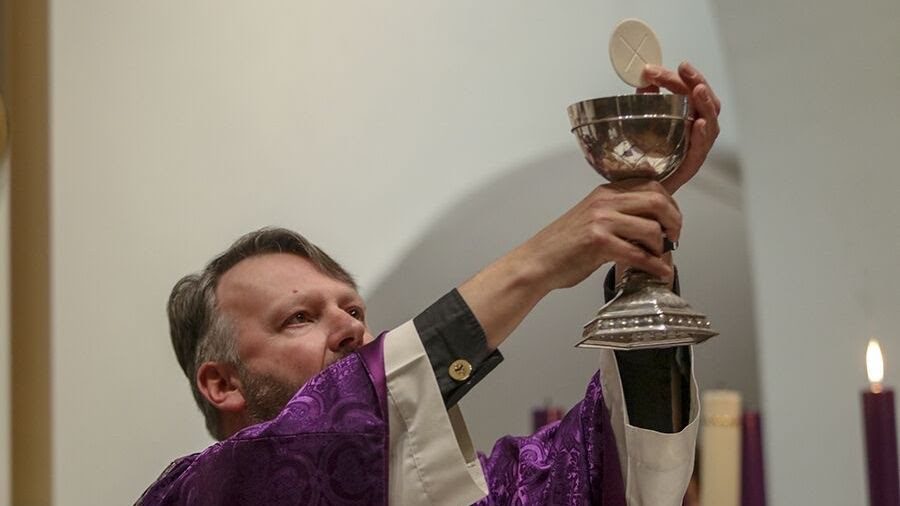While Gareth enjoys an August vacation, this letter is being written by guest columnists from our parish.
Headlines announcing results of the Gallup organization’s latest poll on the State of Religion in the U.S. this past Spring were quite distressing: “America is Losing Its Religion” was one example that typified many. And while it was true the news was not good, it was not as bad as it might have seemed on the surface. In 2020, only 47% of Americans said they belonged to a church, synagogue or mosque, down from 50% in 2018 and from 70% in 1999, or about a 1% decline year-over-year for the past two decades.
We all know houses of worship are closing and many others face daunting financial and societal challenges. But there were some rays of hope in the poll’s fine print. While fewer Americans affiliate with a particular institution, seven out of 10 respondents say they still regard themselves as “religious.” And much of the downward trend in membership is a story of generational change. Millennials and Gen Z-the two age groups born after 1981 and 1997, respectively-are significantly less likely to declare membership in a particular worship group than someone born before 1946. They have different attitudes from many of their elders about what constitutes morally acceptable behavior and tend to have more liberal views about social justice and non-traditional relationships. But other studies of these generations also point to their focus on exploring individual purpose, living a life of service and meaning, and having great empathy for the marginalized in our society. Sound like anyone we know?
No question formal religion is at a crossroads. But as the saying goes, “never let a good crisis go to waste.” Often periods of major disruption offer the greatest opportunities for constructive change. And details that came out of another Gallup poll just a few years ago indicate there is real opportunity for churches like St. Barnabas that are willing to face into the shifting winds and adapt. Respondents in that survey said the attributes most important to them in choosing a church home included a good sermon; spirtual progams for children and teens; outreach and volunteer opportunities; and dynamic leadership.
St. Barnabas has all that and is in the process of making it all even better in the post-pandemic environment, introducing new programming for children and youth, creating a more welcoming, comfortable and safer building-even spiffing up our interiors, signage, digital service access, and exterior lighting. So, whether attracting younger people with messaging and missions that appeal to what’s important to them or turning reluctant celebrants into active members, it feels like St. B is on the cusp of making a tasty lemonade out of what first appeared to be statistical lemons.
Pam Middleton



